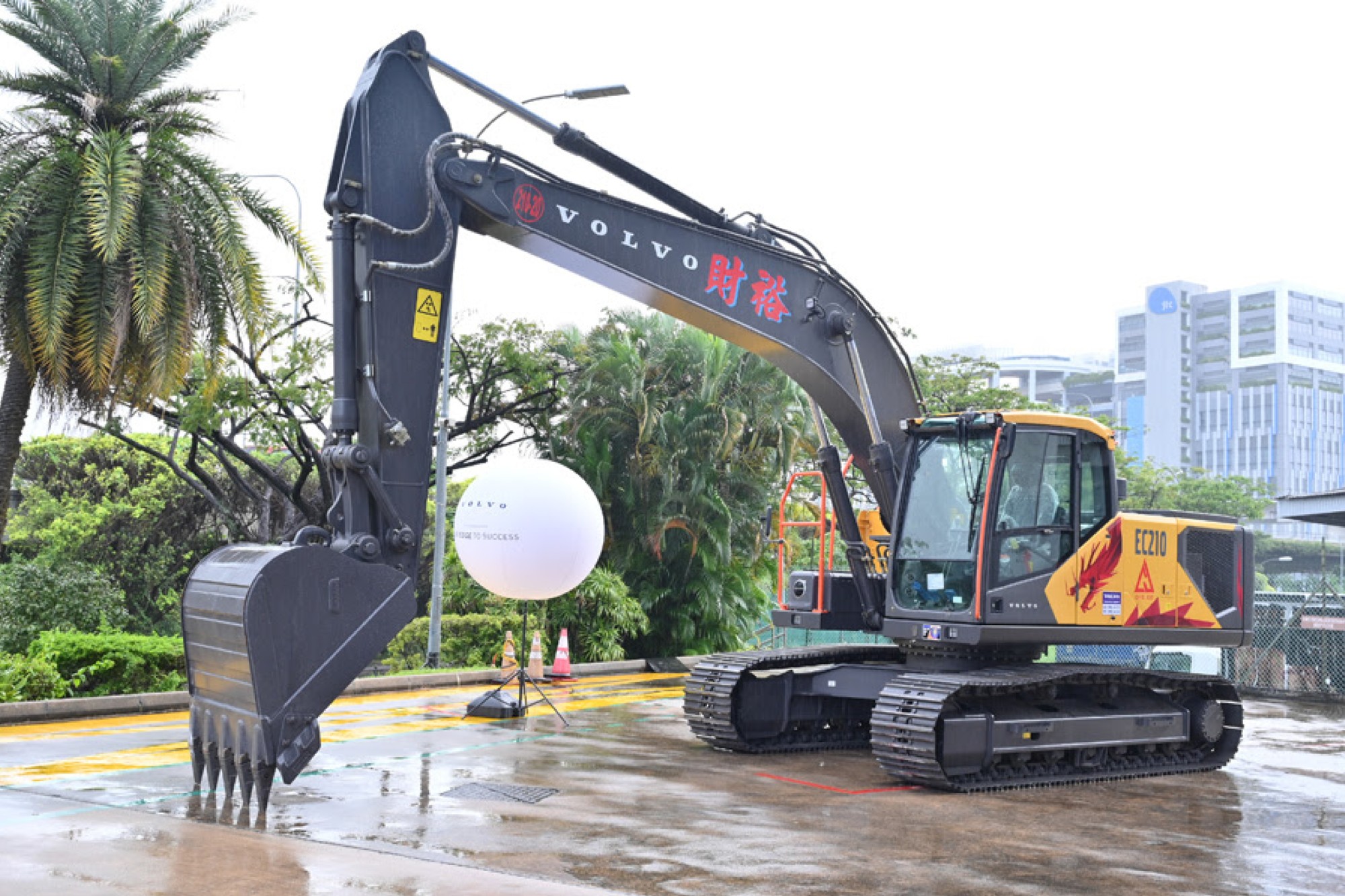How to keep your project on budget
By Edit Team | May 16, 2018 11:04 am SHARE

Budget overruns are a project manager’s nightmare. Here, procurement specialists reveal their strategies that help to keep projects on or even under budget.
For any construction project, keeping budget under control is one of the biggest threats to project managers. Almost in every stage of a project execution, one may face opportunities for costs to exceed his/her projections. These can add up to the final bill if necessary actions are not taken on time.
Every company strives to live up to expectations of stakeholders. According to K Rajarama Rao, Chief General Manager – Materials, NCC Ltd, “Budget overruns are a litmus test for project success or failure, so the first thing stakeholders look to in determining whether their project was a great success or a colossal failure is the bottom line.”
“Being a construction and infrastructure company, we can say that project success means delivering projects in time with better quality and it must be under budget,” says Pankaj Udeshi, Asst. General Manager Procurement, Supreme Infrastructure India Ltd.
Infrastructure and construction companies would do well to understand the projects must be built in an efficient manner. Presently they are adopting discipline and learn to expedite the project. They are quickly pushing projects in to execution and try to explore technologies and new materials to complete projects faster and better. Udeshi opines, “We can definitely complete simple projects in time and under budget but presently in India complex projects are awarded to the contractors which are calls for specialised engineering and new technologies.”
Here we list a few strategies that help in controlling a project budget before it succumbs to whopping cost overruns.
Identify the project requirements
Most of the time in a company tender teams and project execution teams work in their individual silos. This can lead to unidentified goals and expectations on both sides of the table. If a project manager, sponsors, team members and vendors don’t have a solid grasp of on stakeholders’ true desires, it’s almost impossible to identify what the requirements are for the project. Rao suggests, “The first step to an effectively managed project budget is to ensure project requirements are accurately identified, documented and confirmed with all stakeholders — and that these are communicated to all parties involved.”
Udeshi recommends, “Make sure vendors can deliver on their promises and prepare a backup plan.”
Be realistic about costs estimate
One must be realistic when it comes time to estimate costs. Relevant inputs from all concerned stakeholders are essential to estimate project costs efficiently, opines Rao. Udeshi also suggests, “When estimate the costs, be realistic and sure to get input from all applicable departments.”
Rao adds, “The project managers need to build in contingencies to deal with any unforeseen circumstances. They should also consider factors that may impact pricing of resources, labour, currency exchanges etc.”
Frequent budget review
Taking stock of budget status is key to successful project management. According to Rao, it is always advisable to conduct frequent budget review for keeping a project on track within the budget rather than forecasting once and forgetting about it. He adds that the project managers should forecast and plan resources to utilise them optimally.
According to Udeshi, regularly revisiting the resource forecast will help keep a project budget on track.
“As the saying goes, fail to plan and plan to fail. This is important to remember when budgeting for a project. Have a well thought-out budget from the beginning to be a winner,” Rao avers.
Establish KPIs
It is quite essential to establish key performance indicators in managing a project budget effectively. According to Udeshi, “One cannot effectively manage a project budget without establishing key performance indicators.”
Define project scope in advance
A budget should not be merely a conjecture or guess, and a schedule should not be ‘figured out’ as it goes along. “Most successful projects finish within budget because their scope is clearly defined ahead of project launch,” Udeshi observes.
Select the ideal players
Udeshi further suggests, “Select the ideal players so you can play up their strengths for the benefit of the team as a whole. Familiarise yourself with your team’s weaknesses so you can combat it with extra resources or whatever else is needed.”
It’s a team game!
“Involve team members early on in the planning and there will be no excuses when the final project schedule is set. If they feel they were a core part of the planning aspect of the project, your team feels more accountable to the schedule they help set,” Udeshi said.
He adds, “Break down the project into smaller, more manageable tasks with due dates attached to each one, it will seem more doable, thus the team will be more productive, moving the project along on schedule. Be proactive enough to sense when things are getting off track and adjust accordingly, instead of just reacting afterward.”
Conclusion
“No project is perfect. Variables and conditions change along the way and need to adapt accordingly and proactively,” opines Udeshi whereas Rao concludes by saying, “Budget overruns are a project manager’s nightmare. Budget management strategies will keep project budget under control — and stakeholders happy.”
Budget management strategies will keep project budget under control — and stakeholders happy.”
K Rajarama Rao, Chief General Manager – Materials, NCC Ltd
One cannot effectively manage a project budget without establishing key performance indicators’
Pankaj Udeshi, Asst. General Manager Procurement, Supreme Infrastructure India Ltd.
Cookie Consent
We use cookies to personalize your experience. By continuing to visit this website you agree to our Terms & Conditions, Privacy Policy and Cookie Policy.







































































